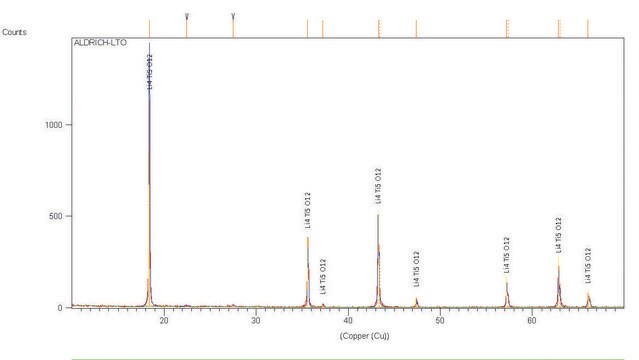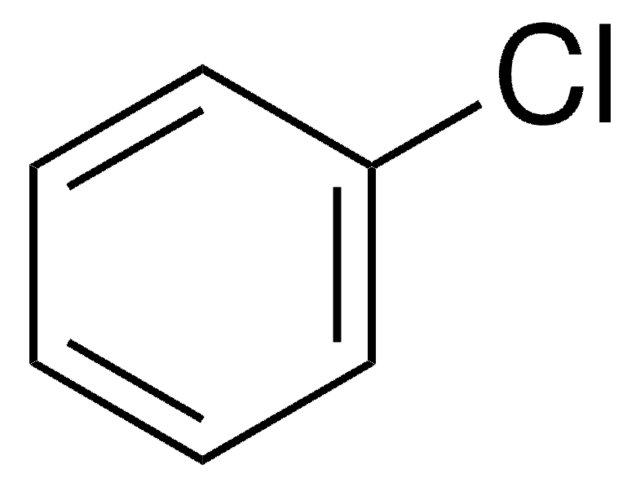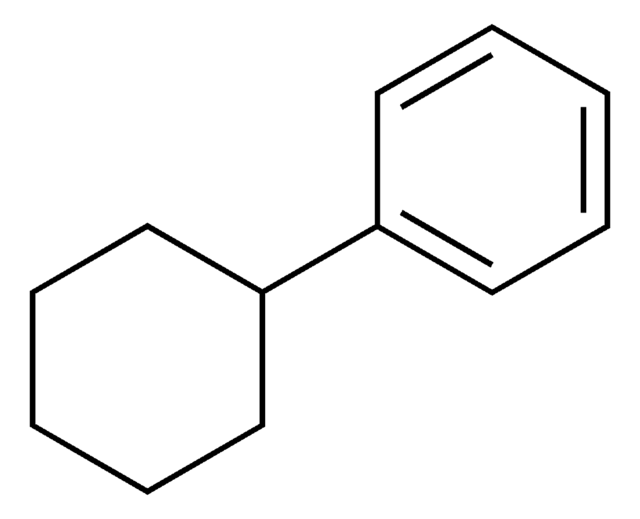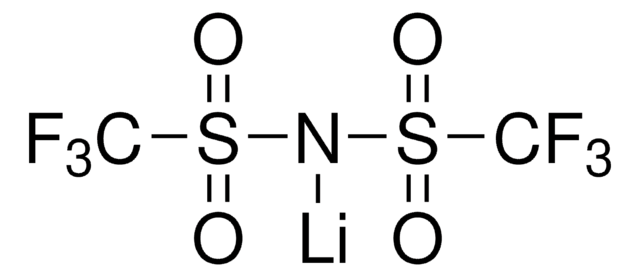915939
Lithium titanate
spinel "LTO" powder, battery grade
Synonym(s):
LTO nanopowder, Lithium titanium oxide, NANOMYTE® BE-10, LTO, Lithium titanate spinel oxide
About This Item
Recommended Products
grade
battery grade
Quality Level
form
powder
mol wt
Mw 459.09 g/mol
composition
Li4Ti5O12
particle size
1-3 μm
density
3.48 g/cm3 (lit.)
application(s)
battery manufacturing
SMILES string
[Li+].[Li+].[Li+].[Li+].[O-][Ti](=O)O[Ti](O[Ti]([O-])=O)(O[Ti]([O-])=O)O[Ti]([O-])=O
InChI
1S/4Li.12O.5Ti/q4*+1;;;;;;;;;4*-1;;;;;
InChI key
BNQVSKURWGZJMY-UHFFFAOYSA-N
Looking for similar products? Visit Product Comparison Guide
Application
Legal Information
related product
Storage Class Code
11 - Combustible Solids
WGK
WGK 3
Flash Point(F)
Not applicable
Flash Point(C)
Not applicable
Choose from one of the most recent versions:
Certificates of Analysis (COA)
Don't see the Right Version?
If you require a particular version, you can look up a specific certificate by the Lot or Batch number.
Already Own This Product?
Find documentation for the products that you have recently purchased in the Document Library.
Our team of scientists has experience in all areas of research including Life Science, Material Science, Chemical Synthesis, Chromatography, Analytical and many others.
Contact Technical Service







